Are there secrets in your search history?
We sometimes submit search queries that we wouldn’t admit to friends. And by looking at our searches, researchers can unearth things we’d rather keep hidden, including covert racism and sexual predilections.
Linguist Daniel …








